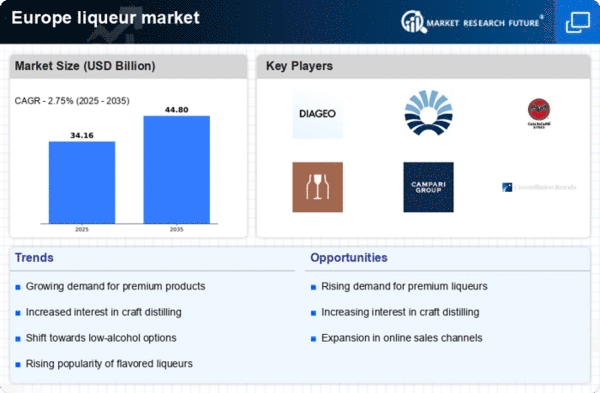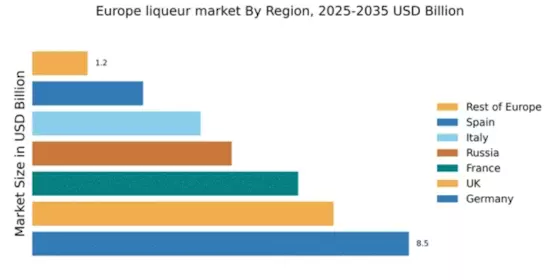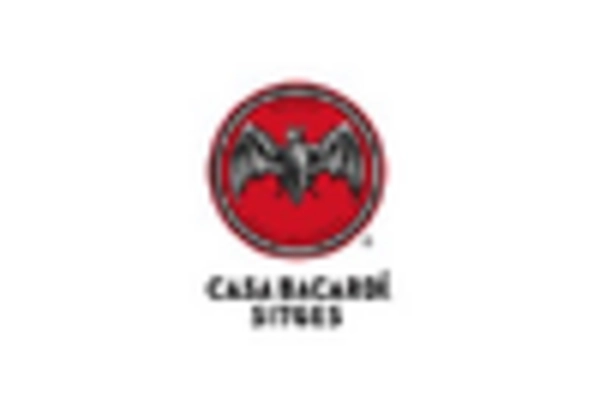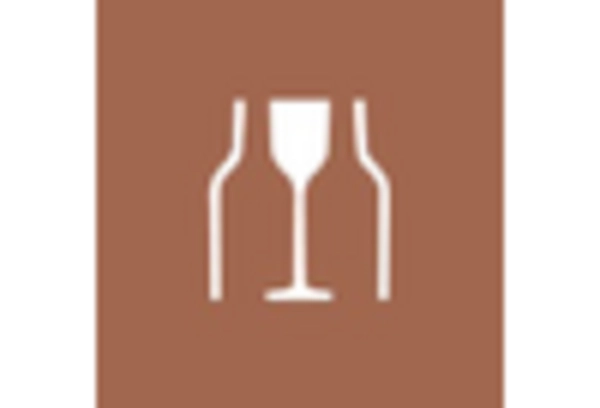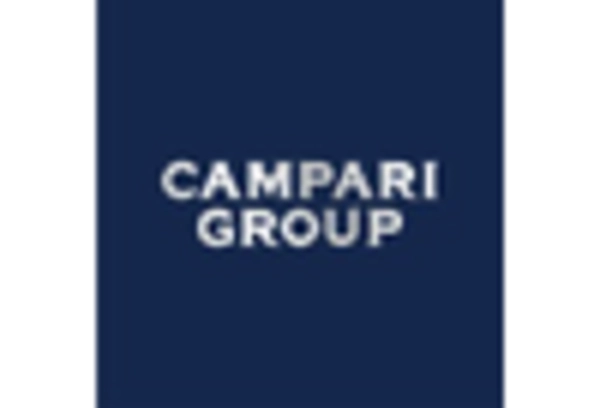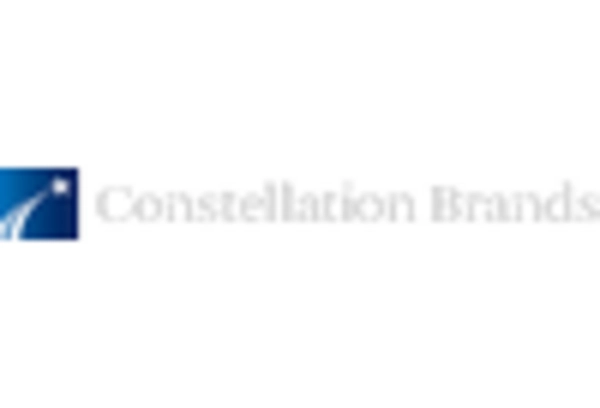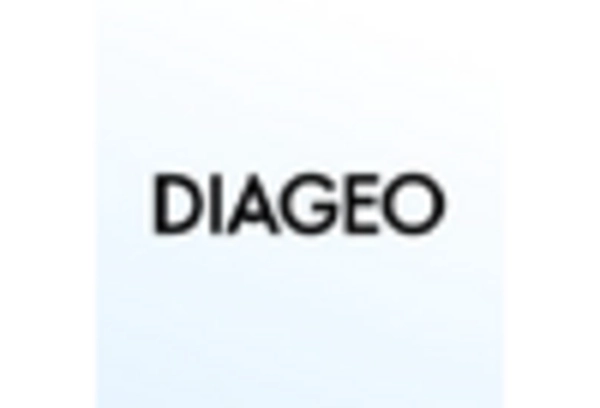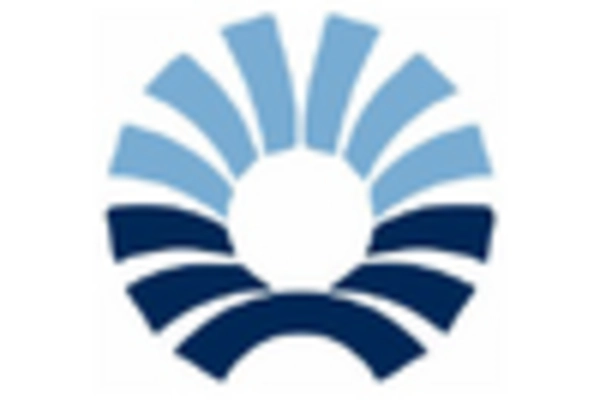Sustainability Initiatives
Sustainability is emerging as a key driver in the liqueur market, with consumers increasingly prioritizing eco-friendly products. Brands are responding by adopting sustainable practices, such as using organic ingredients and eco-conscious packaging. Recent surveys indicate that approximately 40% of consumers in Europe are willing to pay more for sustainably produced liqueurs. This trend not only aligns with the growing environmental awareness among consumers but also enhances brand reputation. Companies that actively promote their sustainability initiatives are likely to attract a loyal customer base, as consumers seek to support brands that reflect their values. The integration of sustainability into business models may thus become a defining characteristic of successful liqueur brands in the European market.
Innovative Marketing Strategies
In the liqueur market, innovative marketing strategies are becoming increasingly vital for brands aiming to capture consumer attention. Companies are leveraging social media platforms and influencer partnerships to engage younger demographics, who are more inclined to explore new flavors and experiences. This approach has proven effective, as brands that utilize targeted digital campaigns report a 30% increase in brand awareness. Additionally, experiential marketing events, such as tastings and cocktail-making classes, are gaining traction, allowing consumers to interact with products in a memorable way. As competition intensifies, the ability to create compelling narratives around liqueur brands will likely play a crucial role in driving sales and fostering brand loyalty within the industry.
Expansion of E-commerce Channels
The liqueur market is witnessing a significant expansion of e-commerce channels, which is reshaping how consumers purchase alcoholic beverages. With the rise of online shopping, many liqueur brands are establishing direct-to-consumer platforms, allowing for greater accessibility and convenience. Data suggests that online sales of liqueurs have increased by over 50% in the past year, driven by the demand for home delivery services and the ability to explore a wider range of products. This shift not only provides consumers with more options but also enables brands to reach a broader audience beyond traditional retail outlets. As e-commerce continues to evolve, it is likely to play a pivotal role in the growth and distribution strategies of the liqueur market.
Rising Demand for Craft Liqueurs
The liqueur market in Europe is experiencing a notable shift towards craft liqueurs, driven by consumer preferences for artisanal and locally produced beverages. This trend reflects a growing appreciation for unique flavors and traditional production methods. According to recent data, craft liqueurs have seen an increase in market share, accounting for approximately 25% of total liqueur sales in Europe. This shift is likely influenced by the desire for authenticity and quality, as consumers are willing to pay a premium for products that offer a distinct taste experience. The craft movement not only enhances the diversity of offerings in the liqueur market but also supports local economies and small producers, fostering a sense of community and connection among consumers.
Cultural Influences on Flavor Preferences
Cultural influences are significantly shaping flavor preferences within the liqueur market in Europe. As globalization continues to facilitate the exchange of culinary traditions, consumers are increasingly drawn to exotic and diverse flavor profiles. This trend is evident in the rising popularity of liqueurs infused with unique ingredients, such as herbs, spices, and fruits from various cultures. Market analysis indicates that liqueurs featuring innovative flavor combinations have experienced a growth rate of 20% over the last year. This cultural blending not only enriches the product offerings but also reflects the evolving tastes of consumers who seek novel experiences. As the industry adapts to these changing preferences, it may lead to the emergence of new categories and styles of liqueurs.


